Learning Farm
Learning Farm: Compare and Contrast Literature
Students will learn how to compare and contrast passages from different time periods. Analyzing the similarities and differences of in the way authors show a historical time, place, or a character gives the reader a broader understanding...
Texas Education Agency
Texas Gateway: Characters and Staging in Drama
[Accessible by TX Educators. Free Registration/Login Required] In this lesson, you will analyze how different playwrights characterize, or develop, their protagonists and antagonists through the dialogue and staging of their plays.
Texas Education Agency
Texas Gateway: Analyze the Central Characters in Literary Text/fiction
In this lesson, you will discover some ways that writers reveal the complexity of their characters. By closely analyzing one author's characters, you'll come to see how their words, actions, and interactions with one another can shape a...
Other
Fiction Factor: The Importance of Setting
An interesting article concerning the importance of setting to any piece of fiction. Gives good information about how setting affects characters and "world-building."
HotChalk
Hot Chalk: Lesson Plans Page: The Nature of the Antagonist
This lesson plan teaches students to understand the differences between protagonists and antagonists, to recognize a "villain" in storytelling, and to understand conflict as used in literature.
Alabama Learning Exchange
Alex: Using Fairy Tales to Teach the Short Stories
Familiar fairy tales are used as guides to help students analyze the elements of the short story: plot, theme, setting, point of view, and character.
Tech4Learning
Tech4 Learning: Creative Educator: Character Scrapbook
When we read novels, authors provide details about the main character through descriptive sentences, events that directly involve the character, and what other characters think and say about the main character. To show what you know...
PBS
Pbs Learning Media: Interpreting Characters, Setting, Plot, & Theme: Triangle...
Students will view video documenting the real-life story of the Triangle Shirtwaist Factory fire in 1911. Students will complete a story elements graphic organizer. This organizer will help them distinguish various story elements and put...
Louisiana Department of Education
Louisiana Doe: Louisiana Believes: Guide for Determining Text Complexity
An educator's guide to help determine the level of text complexity.
AdLit
Ad lit.org: Classroom Strategies: Story Maps
Story Maps are used for teaching students to work with story structure for better comprehension. This technique uses visual representations to help students organize important elements of a story. Students learn to summarize the main...
Ted Nellen
Cyber English (By Ted Nellen): Theme
This is a glossary entry for the term "Theme" including a definition and an example.
Quia
Quia: Rags to Riches: Literary Elements: Setting, Plot, and Characters
In this game, students answer questions about the story elements of setting, plot, and characters
Curated OER
Ccss Literacy E Handbook: Literature: Summarize
An explanation of summarizing a selection along with a link to a model summarizing activity.
Tom Richey
Slide Share: Plot Structure
A slide show with twenty-one slides explaining elements of plot including: characters, setting, exposition, conflict, rising action, climax, falling action and resolution.
Quia
Quia: Narrative Structure Elements
This reading resource provides vocabulary words with definitions. All words are related to the elements of narratives. A link to associated review activities is included.
Quia
Quia: Compare/contrast Character, Plot, and Setting Test
This interactive activity assesses students' understanding of the story elements. Students will read passages that include a short story and a brief drama; then students will answer assorted questions associated to each piece.
Quia
Quia: Story Elements
This interactive game of "Rags to Riches" assesses students' knowledge of story elements. Students will identify the definitions of the story elements and the applications of story elements in stories.
Quia
Quia: Implied Main Idea
Read a short text and determine the main idea in this Battleship style learning game.
Quia
Quia: There's More to Character Than Meets the Eye
Twenty flashcards with character vocabulary words and their definitions.
Quia
Quia: There's More to Character Than Meets the Eye
Play a matching game by joining each type of character with its definition.
Quia
Quia: Character Terms
Complete each sentence by typing the correct character word into each box in this ten-question quiz.
Houghton Mifflin Harcourt
Holt, Rinehart and Winston: Elements of Literature: The Short Story [Pdf]
A short group of exercises for students concerning the elements of a short story. Allows students to examine the major story elements, then apply those elements to a given piece of literature.
ReadWriteThink
Read Write Think: Character Map
Help students analyze a particular character with this character map that helps them examine character appearance, actions, and how others respond to them. Ideas for its use are provided.
Houghton Mifflin Harcourt
Holt, Rinehart and Winston: Elements of Literature: Determining Methods of Characterization [Pdf]
A brief organizer in which students can document how a character in literature is presented, through either direct or indirect characterization. Provides labels, examples, and sections for textual support.
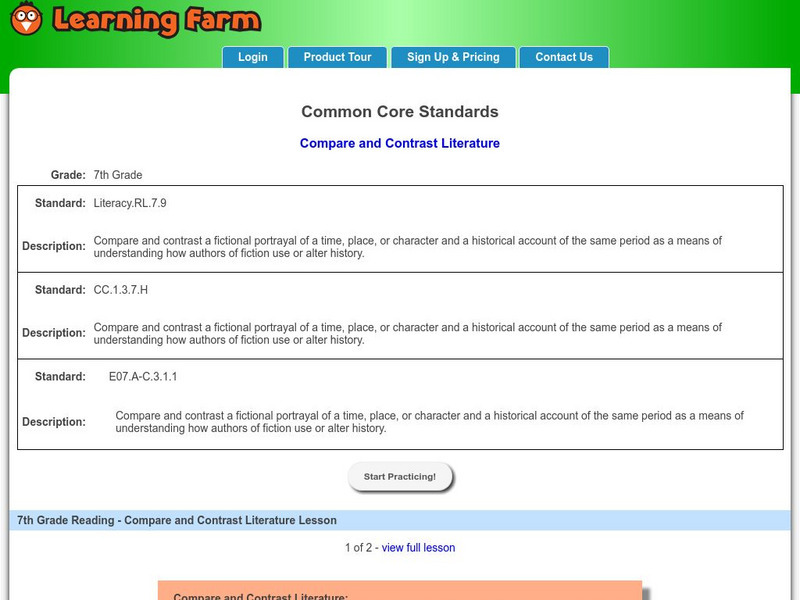


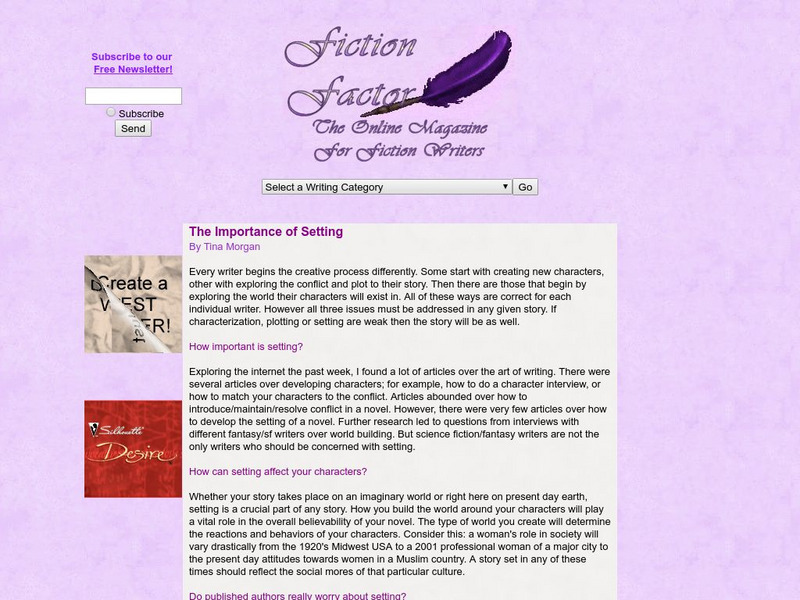


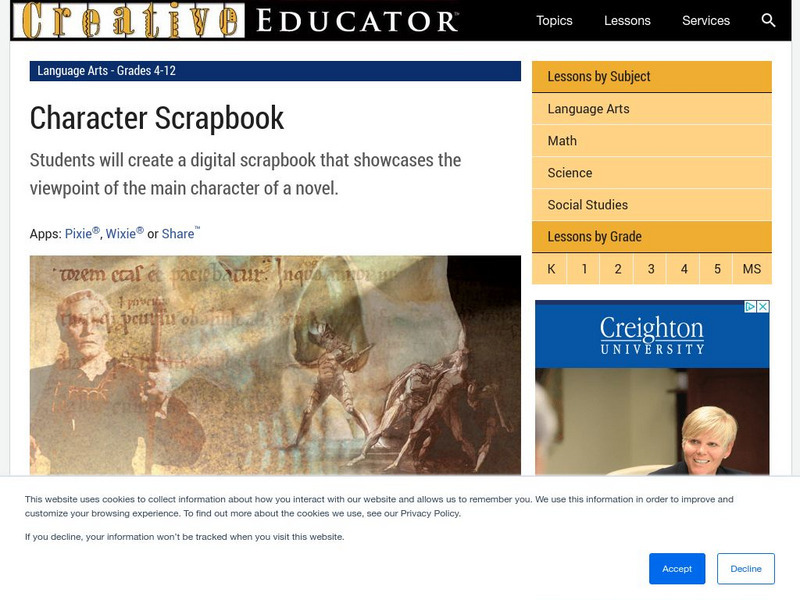

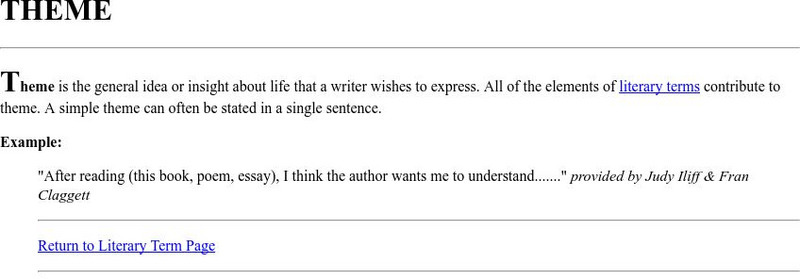


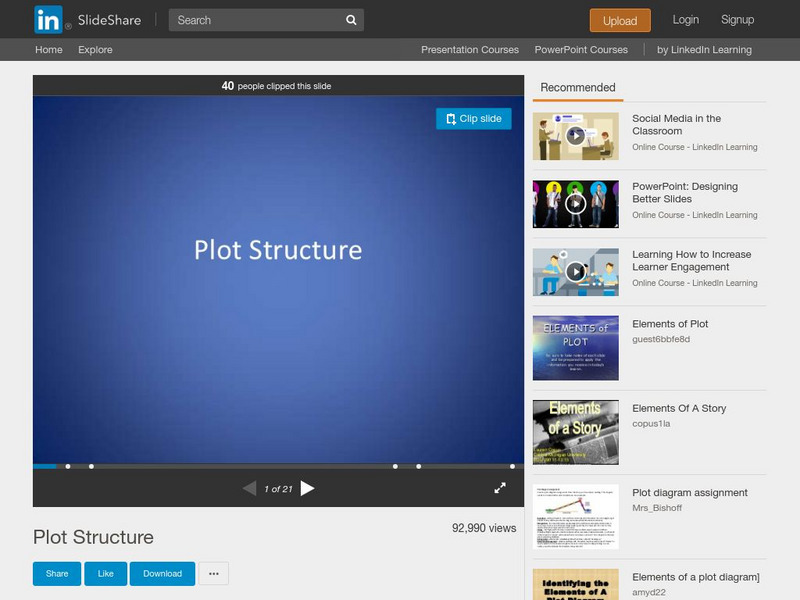



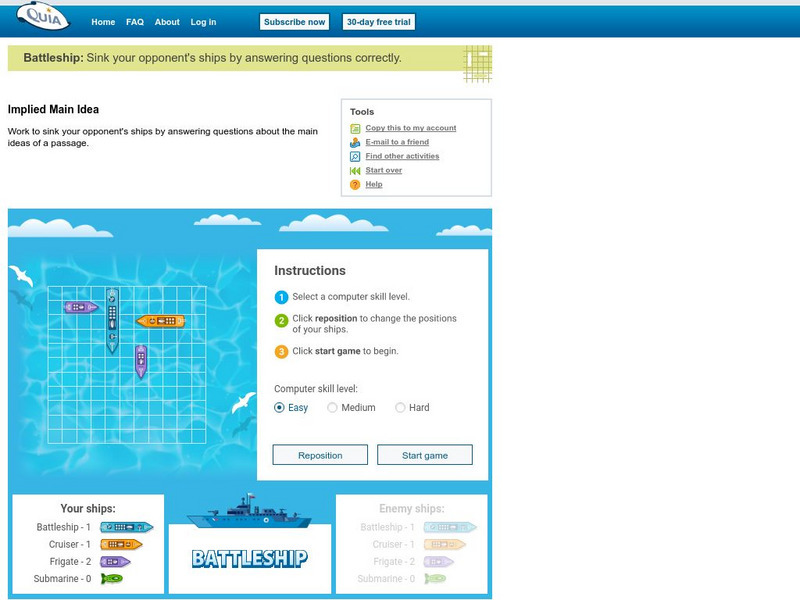

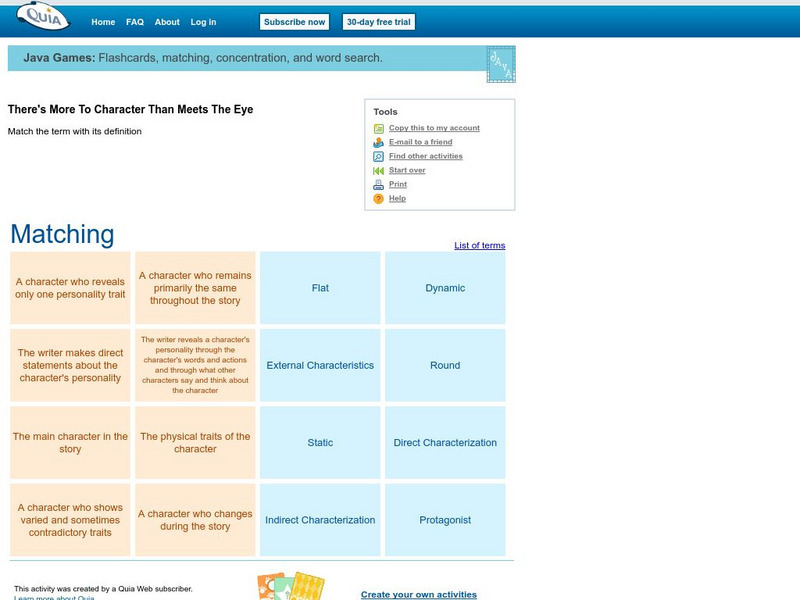

![Holt, Rinehart and Winston: Elements of Literature: The Short Story [Pdf] Unit Plan Holt, Rinehart and Winston: Elements of Literature: The Short Story [Pdf] Unit Plan](http://lessonplanet.com/content/resources/thumbnails/410057/large/bwluav9tywdpy2symdiwmduymc03ode4lte1bw5wdgouanbn.jpg?1589985144)

![Holt, Rinehart and Winston: Elements of Literature: Determining Methods of Characterization [Pdf] Graphic Holt, Rinehart and Winston: Elements of Literature: Determining Methods of Characterization [Pdf] Graphic](http://lessonplanet.com/content/resources/thumbnails/410109/large/bwluav9tywdpy2symdiwmduymc0ymjy4mc0xz3pvamf3lmpwzw.jpg?1589985471)